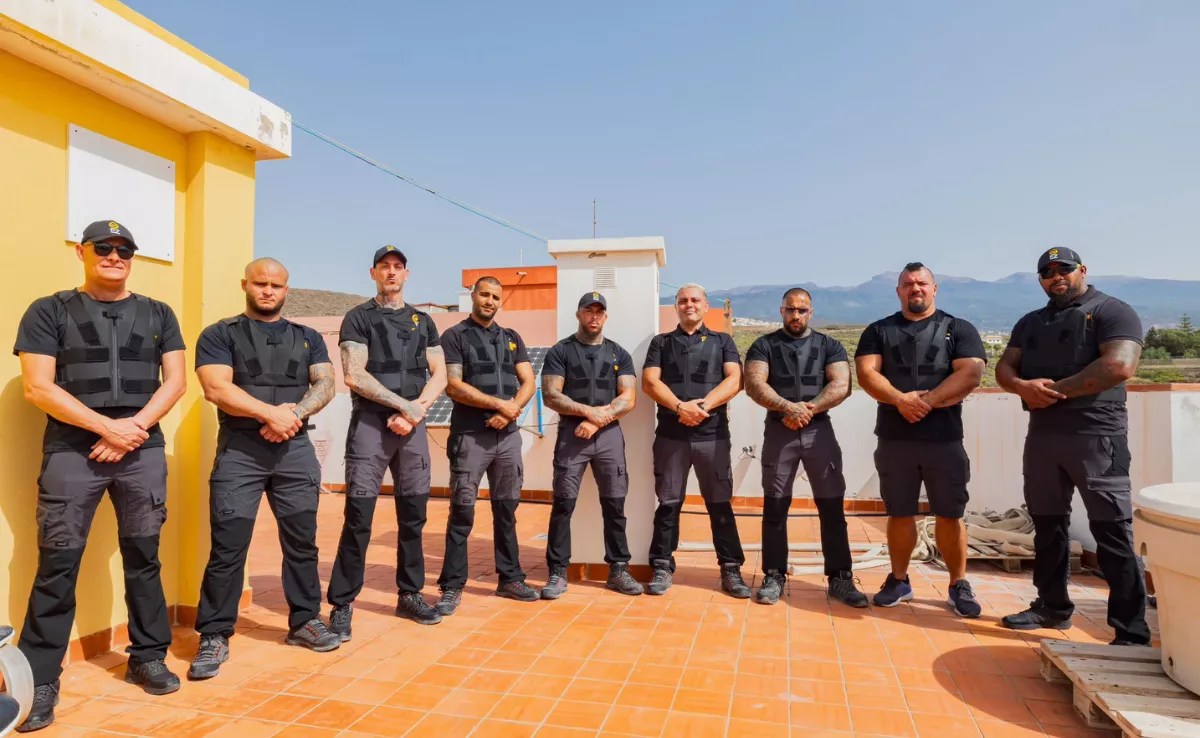The Social Welfare Area of the City Council of La Laguna has increased this year the number of children’s and free summer camps to reach the greatest possible number of families, to facilitate conciliation and guarantee coverage of the educational and basic needs of the minors. Four Early Childhood and Primary Education Centers (CEIP) and a social entity will offer, for two months, educational workshops, healthy eating, recreational-sports spaces and actions in matters such as health, responsible consumption or the reduction of inequalities for 150 boys and girls from the towns and neighborhoods of La Laguna.
The initiative, which takes place in different parts of the town, has the collaboration of the Department of Education of La Laguna, of the CEIP Punta del Hidalgo, in the Northeast; Aguere, in the Helmet; Ángeles Bermejo, in La Cuesta, and San Luis Gonzaga, in Taco, as well as the Mercedes Machado Association, from San Miguel de Chimisay, which joined the project this year and provides identical coverage for the areas of Los Andenes, El Cardonal and Las Prickly Pears.
The Councilor for Social Welfare, Rubens Ascanio, yesterday visited the camp that is being developed at the CEIP San Luis Gonzaga which, like the rest of the centers that participate in this municipal programme, has an extensive program of educational, leisure and , sporty and healthy.
Ascanio explained that “these activities are one more tool of the care policy that we are developing in the City Council of La Laguna and that we have reinforced in this mandate, in this case, with a commitment to family reconciliation and coverage of the needs in childhood that complies with the provisions of the municipal Childhood Plan, one of the strategic axes of this mandate in a municipality recognized by UNICEF as a Child Friendly City.
30 children per center
From the fourth of July and from 8:00 a.m. to 2:00 p.m., each center receives 30 boys and girls who are in primary school or their last year of childhood daily, an initiative that seeks to favor conciliation measures. For this, it has a wide proposal that includes dining room and, in the case of the Northeast, also transportation. In the case of the summer school in San Miguel de Chimisay, the initiative is extended up to 13 years of age and is divided into two groups, from seven to nine and from 10 to 13 years, with adapted activities.
















